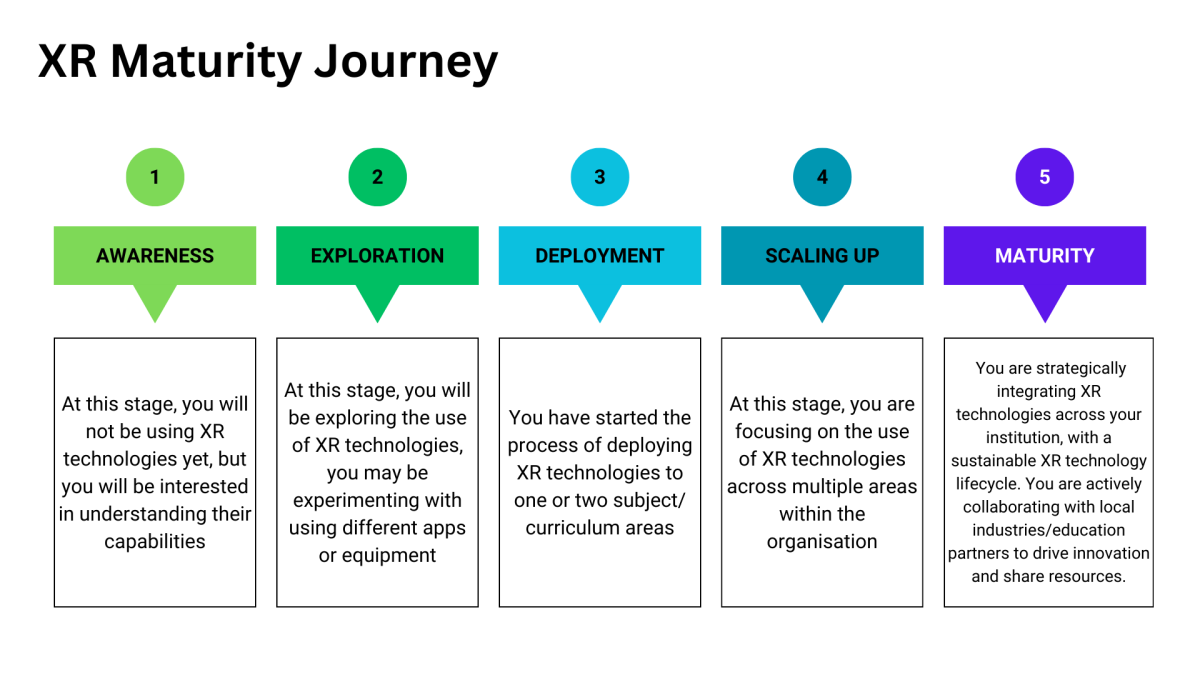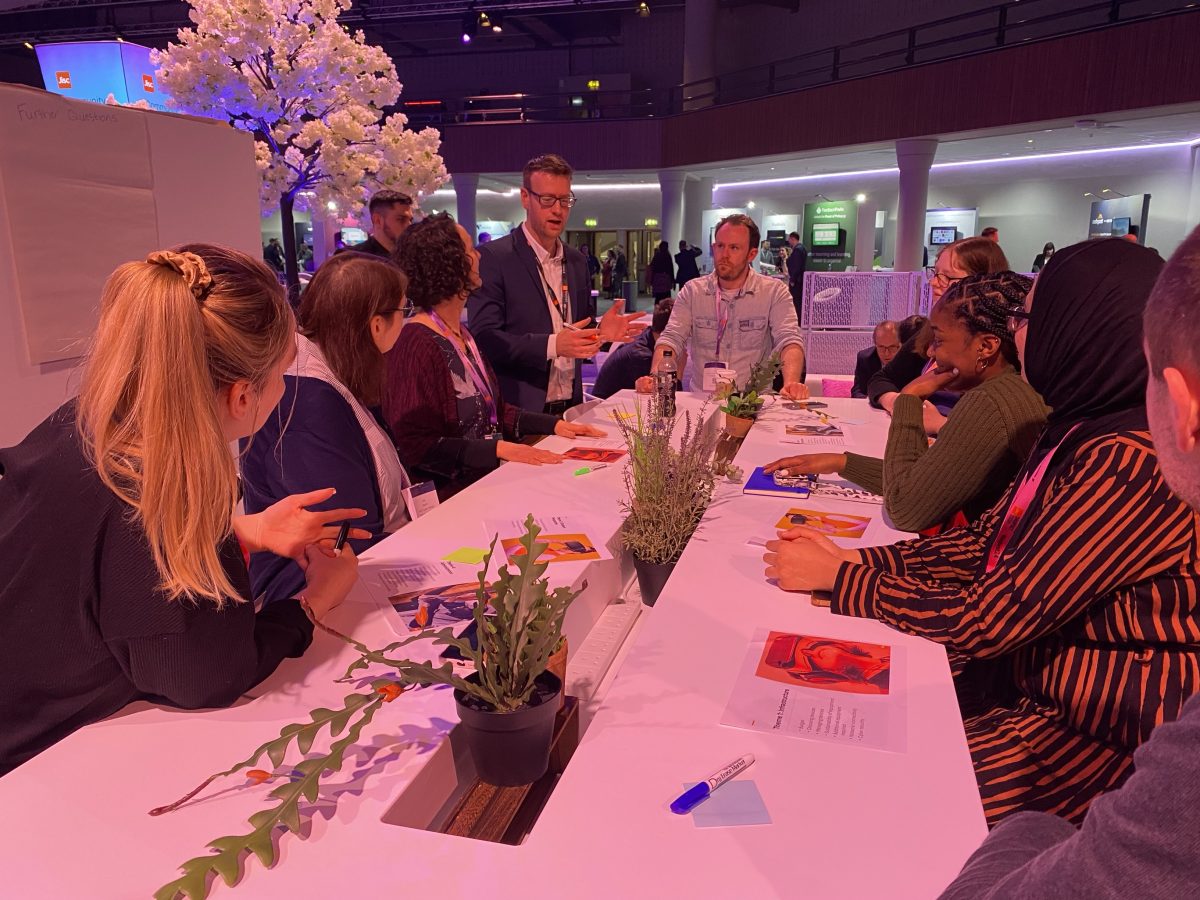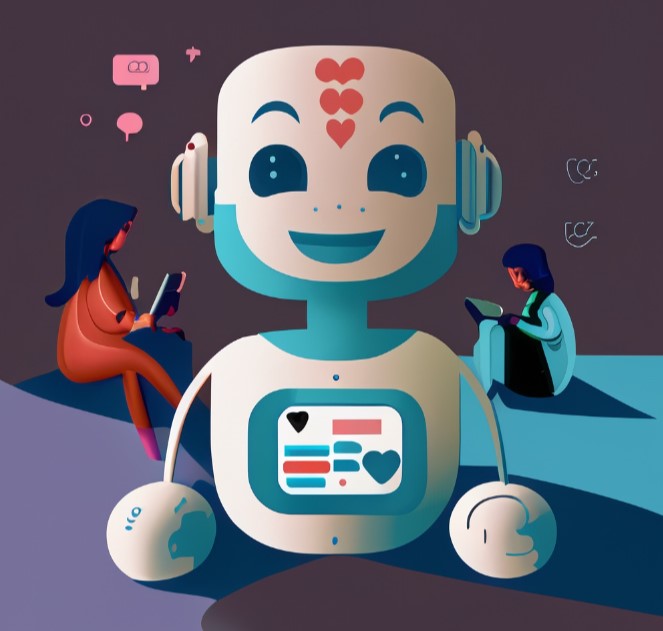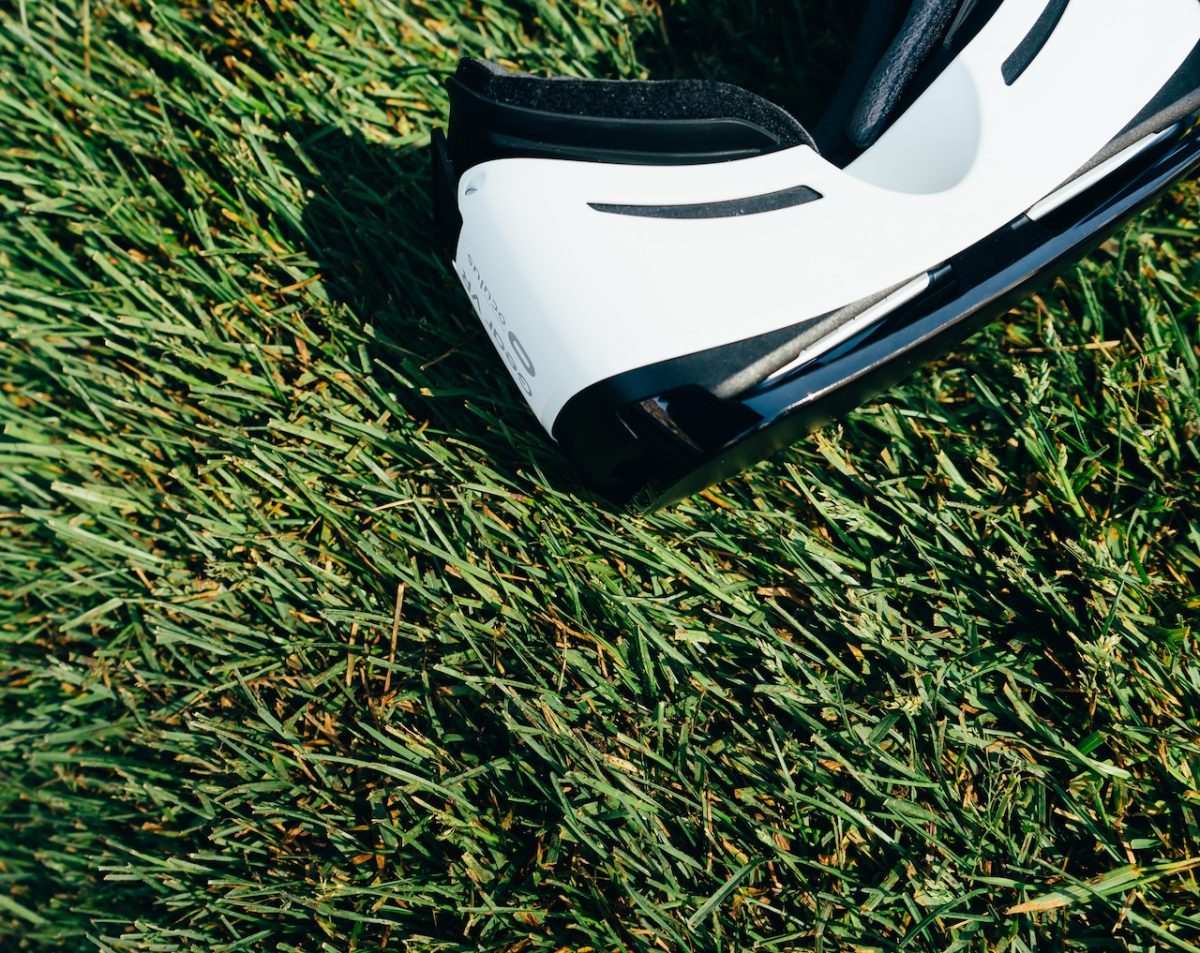Despite the lunchtime slot, it was a solid turnout for the extended reality (XR) community meet up at Digifest, reflecting the growing interest and engagement in XR within the sector.


Despite the lunchtime slot, it was a solid turnout for the extended reality (XR) community meet up at Digifest, reflecting the growing interest and engagement in XR within the sector.

Defining data literacy “It’s about knowing how to use and communicate data.” “Data literacy is key to informing strategic planning.” These were just a couple of the responses from our recent data literacy workshop. Other examples included “using tables, spreadsheets, and infographics” to tell stories. What do you think? At Jisc, we believe that being […]

On the evening of Sunday 10th and all day Monday 11th November, Meta hosted an educators summit in London focused on XR in education, bringing together around 100 attendees primarily from UK but also including some European institutions. From the Jisc XR steering committee, Gary Burnett (Loughborough) and Matt Coxon (York St John) were in attendance and gave short talks – Gary and Matt also composed this blog post for the community.

In a recent community session, around 30 members gathered to discuss how they were integrating immersive technologies into teaching and learning at their institution. Through the discussion, participants explored some of the challenges, questions, and best practice tips with one another. Three key themes emerged from the workshop: (1) determining a plan for embedding XR, (2) getting teaching staff engaged, and (3) getting learners engaged.

Scott and Kathryn share their thoughts on an AI-themed workshop to the comms team of the National Institute of Health Research and flag some key topics for further discussion.

As immersive technologies such as augmented reality (AR), mixed reality (MR) and virtual reality (VR) become more prevalent, it is crucial to consider their wider impact on the environment and society. While these technologies offer exciting new possibilities for education, they can also leave a significant carbon footprint and contribute to e-waste. This blog post explores some of the sustainability related opportunities and challenges for education providers when using extended reality (XR) technologies.

As machine learning and artificial intelligence continue to reshape industries, learners need to be prepared with the necessary skills to navigate the evolving landscape of work. Data literacy, creativity, problem-solving, and adaptability are essential skills that employers are looking for in potential employees. This blog post explores how educators can embed these crucial employability skills into their curricula and prepare learners for the future workplace.

The way we work is always evolving. Recent advancements in immersive technologies such as virtual and augmented reality and artificial intelligence such as ChatGPT are set to transform the way we work. In this blog post, we’ll take a look at how such technology could change our workplace practices. We’ll also consider what skills an employee might need for the future workplace.

This blog post looks at how we can promote sustainability when developing digital resources for learners, as well as things to consider when searching for Open Educational Resources.

Reflections from yesterday’s digital pedagogy ‘ideas room’ event online, which brought colleagues across FE together to share their challenges relating to digital pedagogy.